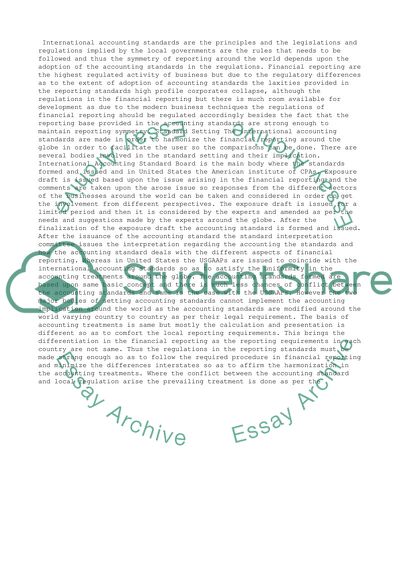Cite this document
(“Financial Reporting. Company assigned - Informa Coursework”, n.d.)
Retrieved from https://studentshare.org/business/1492066-financial-reporting-company-assigned-informa
Retrieved from https://studentshare.org/business/1492066-financial-reporting-company-assigned-informa
(Financial Reporting. Company Assigned - Informa Coursework)
https://studentshare.org/business/1492066-financial-reporting-company-assigned-informa.
https://studentshare.org/business/1492066-financial-reporting-company-assigned-informa.
“Financial Reporting. Company Assigned - Informa Coursework”, n.d. https://studentshare.org/business/1492066-financial-reporting-company-assigned-informa.


